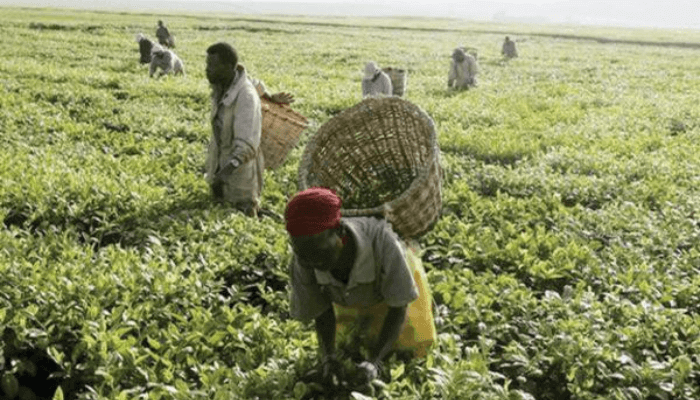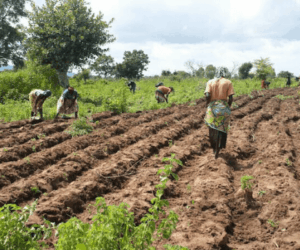The International Institute of Tropical Agriculture (IITA) has reaffirmed its commitment to advancing agricultural transformation and food security in Nigeria through a strategic partnership with the United Nations.
During a recent visit to Abuja, Simeon Ehui, IITA director-general, met with Mohamed Fall, United Nations resident and humanitarian coordinator for Nigeria, for a high-level dialogue on strengthening collaboration for sustainable agriculture, youth agripreneurship, and food systems resilience.
The IITA is a not-for-profit institution that generates agricultural innovations to meet Africa’s most pressing challenges of hunger, malnutrition, poverty, and natural resource degradation.
Ehui highlighted IITA’s major research milestones and the institute’s impact in addressing key challenges in Africa’s agrifood systems—particularly in the areas of soil health, seed systems, and plant health.
He also showcased successful innovations such as the award-winning Semi-Autotrophic Hydroponics technology, which enhances crop propagation and productivity across regions.
Read also: Why food prices are dropping
“For IITA, the biggest challenge remains scaling—taking proven technologies from the lab to farmers at a much larger scale,” Ehui said.
“This is why strategic partnerships are essential. We are committed to working closely with development partners like the United Nations to ensure that Africa becomes food-sufficient,” he added.
On his part, Fall emphasised the UN’s commitment to supporting Nigeria’s agricultural transformation as part of its broader effort to accelerate progress toward the Sustainable Development Goals.
“This visit has been high on my list—to not only connect with IITA but to create a bridge between us,” he said. “For a country like Nigeria, agriculture is the biggest channel for economic transformation if the right investments are made.”
The meeting underscored a shared vision between IITA and Consultative Group on International Agricultural Research (CGIAR), a global research partnership that works to achieve food security, and the United Nations to deliver science-driven, inclusive, and sustainable solutions that strengthen food systems and improve livelihoods across Africa.









